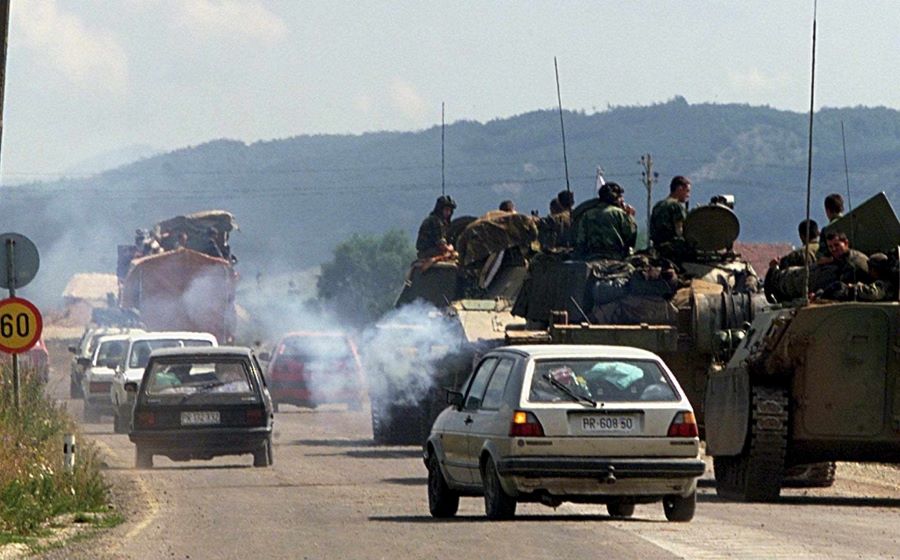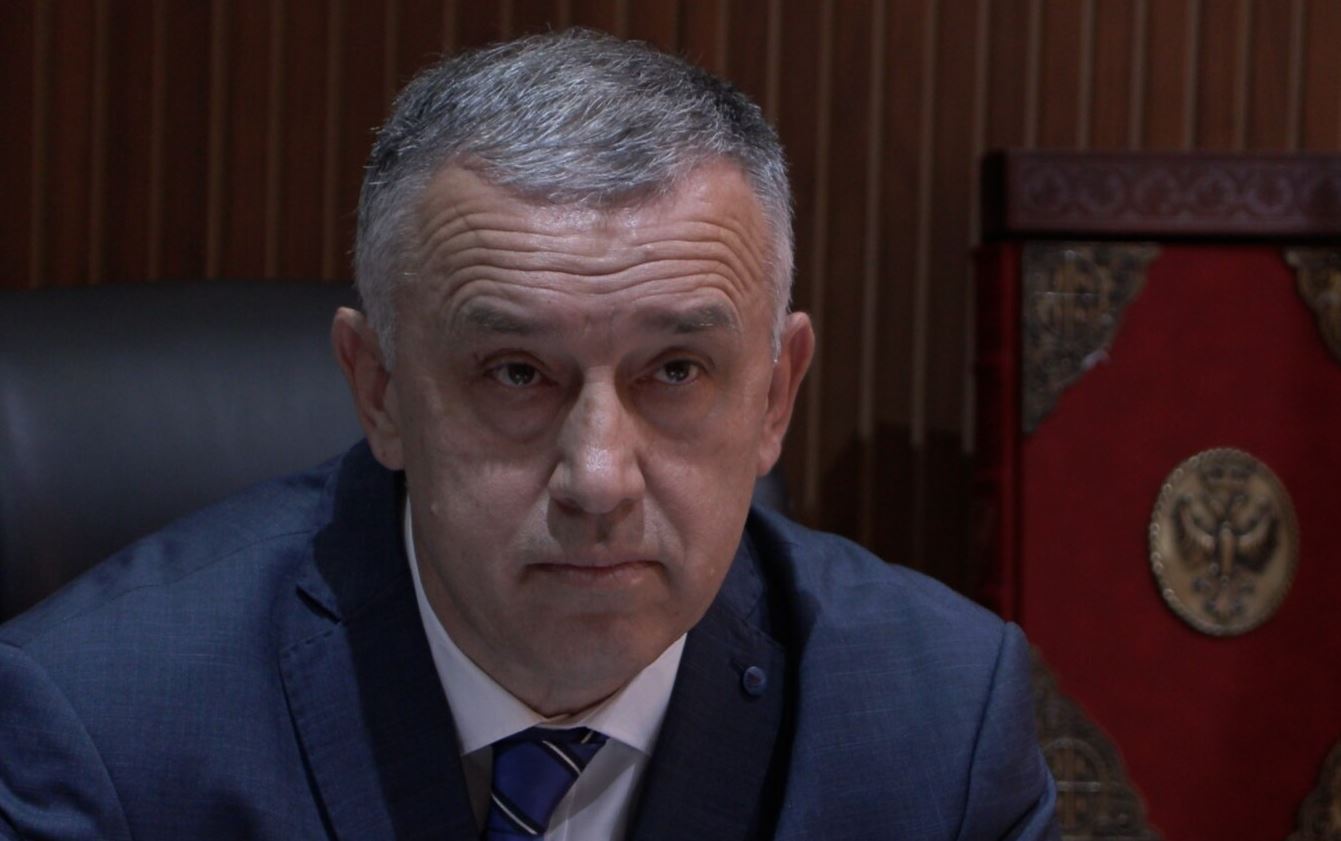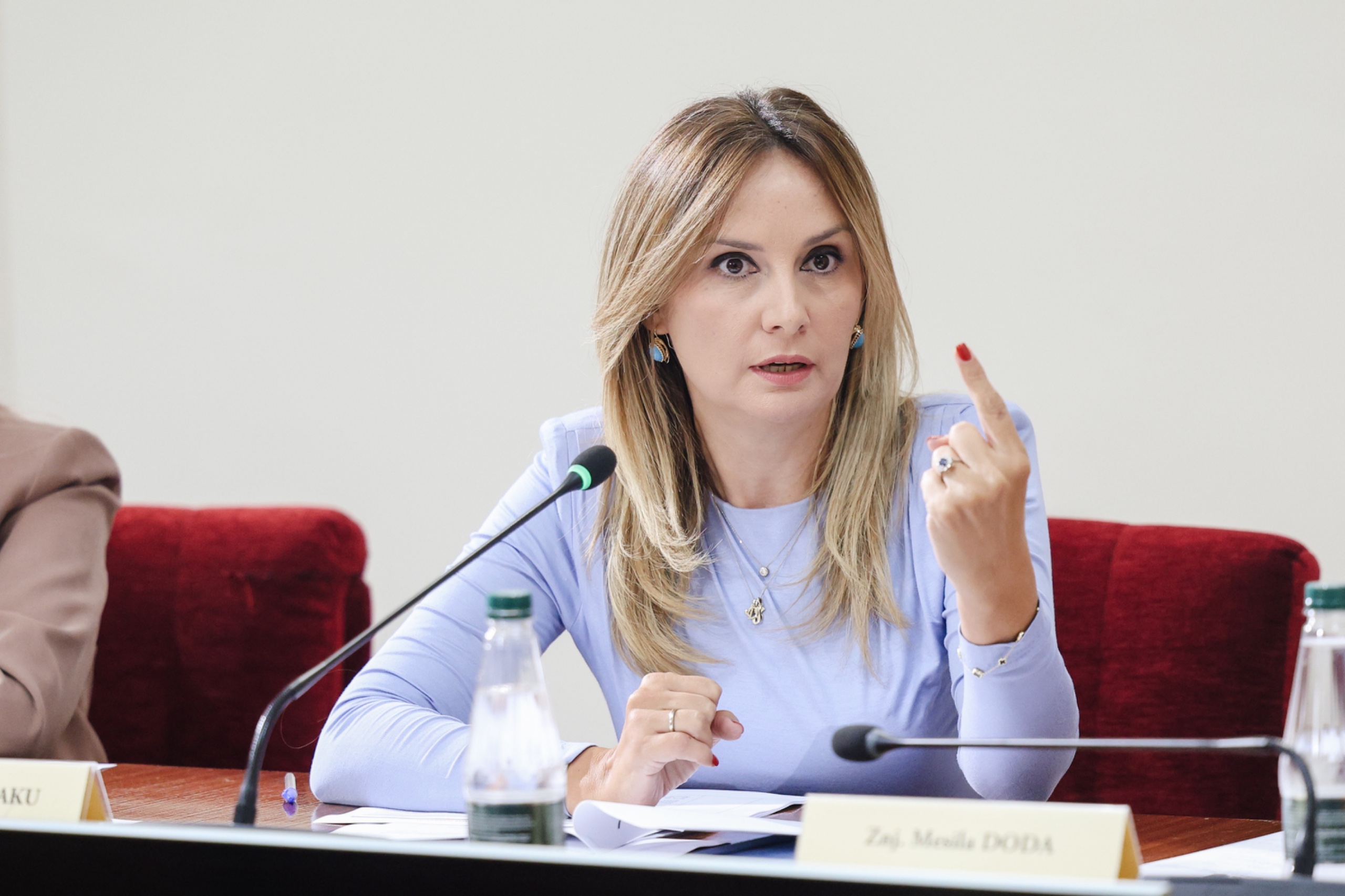
Twenty-five years after the end of Kosovo war, Roma refuges that fled to Serbia still struggle to obtain social inclusion and equal opportunities, and even personal documents, a new report says.
Many Roma people who fled Kosovo for Serbia after the Kosovo war in 1999 still feel the consequences in terms of their social exclusion from society, poor financial situation and mental health, the Krusevac-based Association Romani Asvin, an NGO, says.
Its new report draws on the experiences of Roma refugees from Kosovo now living in Nis, Vranje and Bujanovac and was made based on interviews with 67 people.
Research author Bojan Brankovic said that, “as far as health and psychosocial consequences are concerned, post-traumatic stress disorder is noted, through trauma, states of anxiety and loss of security.
“There was no social and health protection [for them] at the time of their arrival [in Serbia], and they only managed to acquire some rights later. Even today, many of them live without personal documents,“ Brankovic said on Friday at the presentation of the report in Nis.
These Roma now living in Bujanovac or Vranje, Brankovic says, claimed that in Kosovo “they were forced to leave their houses within about 10 minutes, at gunpoint.
“There was no social support for them when arriving [in Serbia],” Brankovic said, adding that some of them still have problems with registration on civil registers.
The president of the Association Romani Asvin, Alma Kajtazi, said the core idea of the project was to present “a realistic picture of the Roma men and women who were displaced from Kosovo.
“In general, Roma men and women are not accepted in [Serbian] society as a community, and when it comes to Roma men and women displaced from Kosovo, they have an even bigger problem, because they are not accepted either by their own community or by the majority community,” Kajtazi said.
In March 1999, NATO launched an air campaign against Yugoslavia to force President Slobodan Milosevic to withdraw military forces from Kosovo, which had conducted widespread ethnic cleansing and killings of Kosovo Albanian civilians.
The campaign ended on June 10, 1999, after the signing of the Kumanovo Agreement and the adoption of UN Security Council Resolution 1244. This was followed by the withdrawal of all Yugoslav military forces from Kosovo and the arrival of 36,000 international peacekeepers.
Many ordinary Kosovo Serbs left along with the military forces withdrawing from Kosovo but the number of Roma who left Kosovo has never been established.


